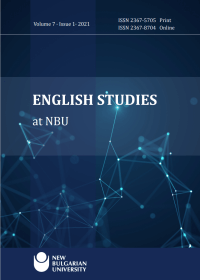Hiroshima, Mokusatsu and Alleged Mistranslations
Hiroshima, Mokusatsu and Alleged Mistranslations
Author(s): Boris NaimushinSubject(s): Social Sciences, Language and Literature Studies, Education, Foreign languages learning, Essay|Book Review |Scientific Life, Higher Education , Cultural Essay, Translation Studies, Theory of Literature
Published by: Нов български университет
Keywords: translation mistake; translator responsibility; context; mistranslation; myth
Summary/Abstract: This paper revisits the issue of the importance of context and critical thinking in translation and translation training by examining the linguistic controversy over the translation of the word mokusatsu in the statement of Japan’s Prime Minister Suzuki in response to the Potsdam Declaration. There is a widespread belief that the bombing of Hiroshima in August of 1945 was caused by a translation mistake. The author sides with the opposing view, i.e. that such an approach takes one word of the statement out of context in order to shift the focus of the problem from politics to linguistics. The message of the statement is unambiguous when analyzed in its entirety. As a result, it is obvious there was no translation mistake and the bomb was dropped for reasons other than translation quality. Sadly enough, the myth lives on as a textbook example of ‘the worst translation mistake in history” whereas it should be taught as an example of probably ‘the worst translation myth in history’.
Journal: English Studies at NBU
- Issue Year: 7/2021
- Issue No: 1
- Page Range: 87-96
- Page Count: 10
- Language: English

